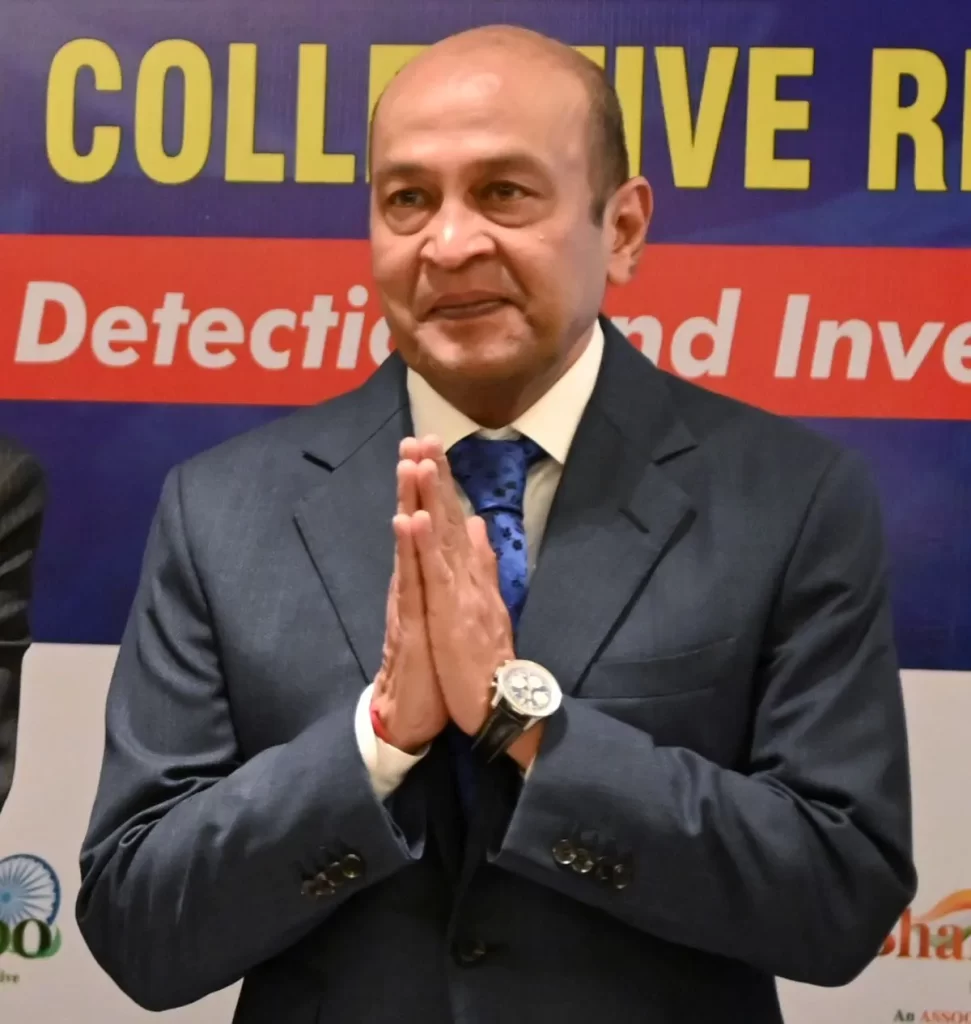Shreya Gupta
On 7th August, 2025, the Supreme Court of India dismissed a writ petition filed by Justice Yashwant Varma. He is a sitting judge of the Allahabad High Court. The petition challenged an in-house inquiry report. The report had indicted him in the widely publicized “case-at-home” scandal.
This scandal stemmed from the accidental discovery of a large sum of unaccounted cash at an outhouse within his official residence, following a firefighting operation on March 14 earlier this year. The in-house inquiry had been set up by the then Chief Justice of India (CJI), Justice Sanjiv Khanna, and included a three-judge panel: Justice Sheel Nagu, Justice GS Sandha Walia, and Justice Anu Sivaraman. Justice Varma had initially participated in the inquiry but later questioned its legal competence and the constitutional validity of the procedure that led to the filing of the writ petition.
The Supreme Court Bench comprising Justice Dipankar Datta and Justice A.G. Masih, which had reserved the judgment on July 30, rejected Justice Varma’s petition primarily on the ground of maintainability, pointing out that he could not first submit to the in-house procedure and then contest its legitimacy. Nonetheless, the bench went on to adjudicate five constitutional issues raised in the petition due to their broader significance.
Firstly, the Court ruled that the in-house inquiry process does indeed have legal sanction and is not an extra-constitutional mechanism, affirming its procedural integrity. Secondly, it held that Paragraph 5B of the in-house procedure does not violate Articles 124, 217, or 218 of the Constitution, nor does it abrogate any fundamental right of a sitting High Court judge.
Thirdly, the Court concluded that the CJI and the inquiry committee had largely followed the prescribed procedures correctly, except for the non-uploading of video evidence on the Supreme Court’s website.
However, it stated that this deviation did not materially affect the case, as the petitioner had not sought any relief concerning the uploading of such materials. Fourthly, the bench ruled that the requirement under Paragraph 7(2) mandating the CJI to forward the inquiry report to the President and Prime Minister was not unconstitutional. The Court also dismissed the argument that Justice Varma was entitled to an opportunity of being heard before the forwarding of the report, clarifying that such a right was not enshrined in the in-house procedure.
The Supreme Court emphasized that the in-house inquiry is a preliminary fact-finding mechanism and not a trial and thus does not violate constitutional safeguards such as the right to be heard. It also noted that Justice Varma retains the right to raise his defenses in any impeachment proceedings that may follow. In another related petition, the Court also dismissed an application by Advocate Mathews J. Nedumpara, who had sought the registration of a criminal case (FIR) against Justice Varma for allegedly abusing court processes and making false submissions under oath.
The controversy stems from a fire emergency at Justice Varma’s residence in March, which led to the incidental discovery of a stash of currency notes in a storeroom linked to his quarters. The in-house committee, which examined 55 witnesses including Justice Varma and his daughter, along with photographic and video evidence, concluded that the cash was indeed located within premises under the control of the judge and his family. The committee found that Justice Varma failed to offer a satisfactory explanation, choosing instead to issue blanket denials and vaguely assert that he was being conspired against. As a result, the committee held there was enough ground to recommend further action, which led CJI Khanna to forward the report to the executive after Justice Varma refused to resign.
The reports submitted by Members of Parliament from both Lok Sabha and Rajya Sabha now circulated a notice of impeachment against Justice Verma, reportedly with the required number of signatures. If admitted, this would initiate the constitutional process under Article 124(4), which allows for the removal of a judge on grounds of “proved misbehaviour” or “incapacity.” Senior Advocate Kapil Sibal, representing Justice Varma, had argued that the in-house procedure enabling the CJI to recommend removal to the President was unconstitutional and could not form the basis for impeachment. However, the bench countered that the in-house report is not evidence, but merely a preliminary step in a long constitutional process.
Case Title: XXX v The Union of India and Ors
Case Number: W.P.(C) No. 699/2025
Bench: Justice Dipankar Datta and Justice A.G. Masih
Instagram: Click here
LinkedIn: Click here
For Collaboration and Business: info.desikaanoon@gmail.com

